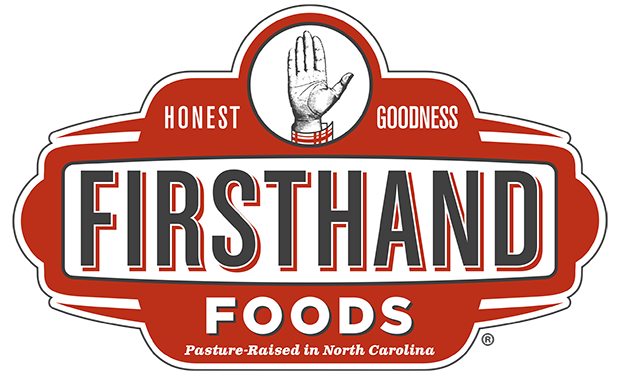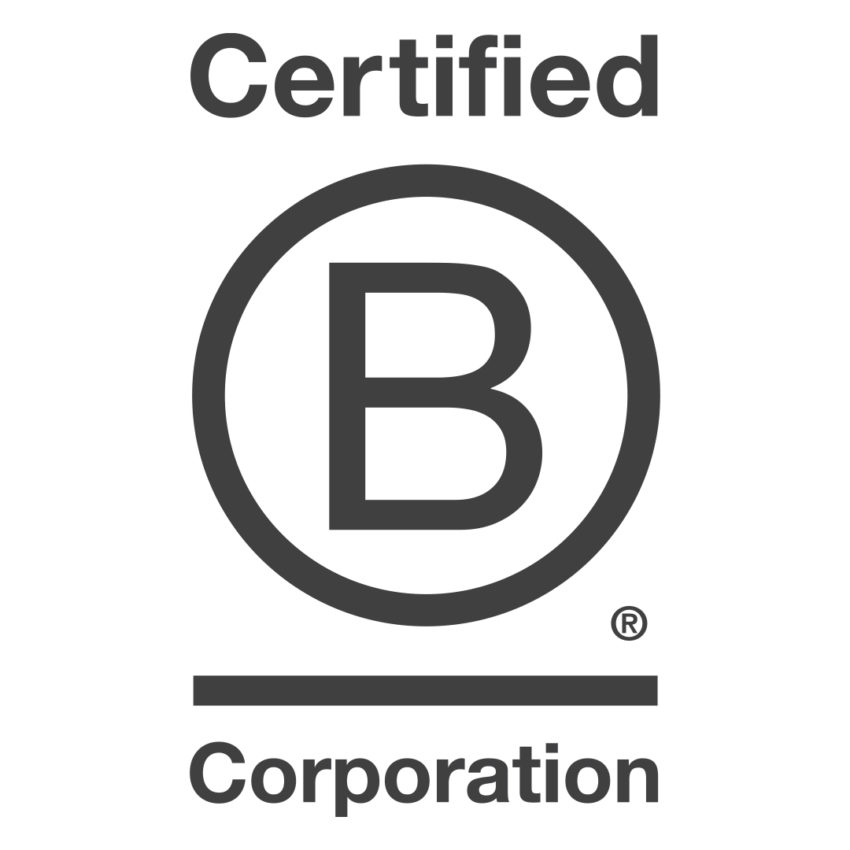Attaining our status as a certified B Corporation (B Corp for short) was no small feat, but we did it! This designation signifies our commitment to creating positive impacts on society and the environment. Now that we’re through the rigorous 18-month application process, we can’t wait to start networking with and learning from other B Corps.
What are B Corps?
B Corps are for-profit companies dedicated to using business as a force for good. Rather than just selling a product that meets certain environmental or social benefit criteria, B Corps are evaluated from a 360-degree perspective, addressing practices, policies, and products that meet the highest verified standards for social and environmental performance, transparency, and accountability. As a certified B Corp, we join a community of businesses committed to the following Declaration of Interdependence:
- We must be the change we seek in the world.
- All business ought to be conducted as if people and place mattered.
- Through their products, practices, and profits, businesses should aspire to do no harm and benefit all.
- To do so requires that we act with the understanding that we are each dependent upon another and thus responsible for each other and future generations.
Currently there are over 5,000 Certified B Corporations in over 70 countries, across 150 industries. Examples of widely-known B Corps include: Danone, Seventh Generation, and Patagonia. North Carolina is home to many B Corps, including the following food companies: Happy Dirt, Larry’s Coffee Company, French Broad Chocolates, Gaia Herbs, and Seal the Seasons. And now Firsthand Foods!
What is involved in becoming a certified B Corp?
To become certified, we went through an assessment and verification process facilitated by B Lab, a non-profit third-party certification agency. The comprehensive assessment required us to document how we do business in four key areas: governance, workers, community, and the environment. The strength of the B Corp verification process is that they make sure we “walk our talk.” To become certified, a company has to earn at least 80 out of 100 points. We earned 95 points, garnering high marks for the following aspects of our business:
1) Being a Durham Living Wage employer and providing various employee benefits.
2) Sourcing livestock from small-scale, socially disadvantaged farmers and paying them a premium.
3) Utilizing Animal Welfare Approved as a third-party certifier.
4) Being a women-owned company.
5) Donating product to charitable organizations.
6) Excellent customer service and satisfaction combined with a high retention rate.
7) Responding to customer complaints and feedback swiftly and consistently.
8) Being transparent about our business practices.
We will re-certify in three years and must demonstrate continuous improvement.
What’s the significance of becoming a B Corp?
While B Corp certification is voluntary, it has certain requirements that ensure good governance. In our case, we were required to update our corporate by-laws and commit to making business decisions that take into account their social and environmental consequences. This helps “bake-in” our mission, which is to create market access for the most remarkable pasture-raised meats in our region. The certification process also brings transparency to other commitments, including to the well-being of our employees, customers, and the environment. We’re excited to add the B Corp logo to our product labels, which will communicate these commitments to our customers and reinforce the idea that as we grow and scale, will not lose touch with our mission or back down on our stringent standards.
What kind of impacts are B Corps having in the world?
B Corp certification is a growing trend for businesses with a social mission. Since 2020, B Lab Global has received more than 6,000 applications for certification from businesses, a 38% increase compared to the period 2018-2019. Here are some summary stats about the impacts of B Corps around the world:
- B Corps are 70% more likely than ordinary businesses to reduce the volume or toxicity of waste generated, including through material selection, production process, and/or product design.
- 49% of B Corps have supplier policies that encourage purchasing from local suppliers.
- B Corps are 27% more likely to pay 100% of their hourly workers a living wage in comparison to ordinary businesses.
Our new status as a B Corp demonstrates our continued and sustained commitment to being a force of change in our community and in the world.

